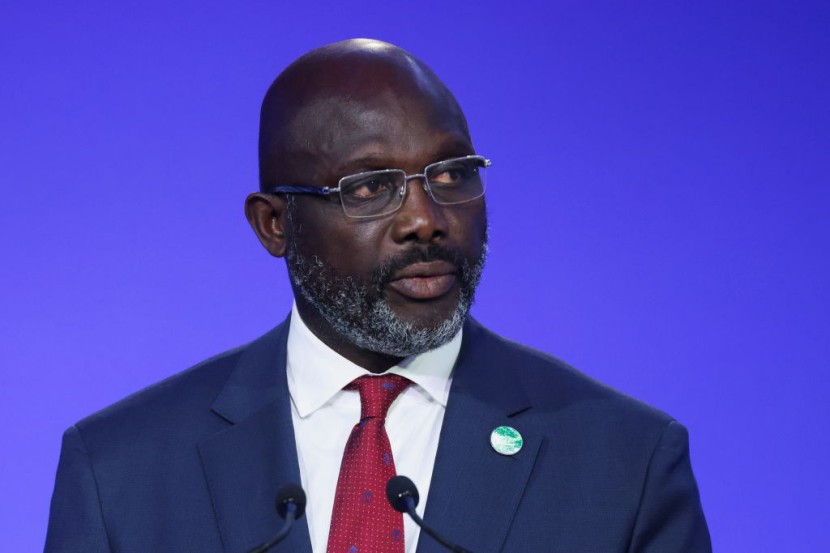Liberian President George Weah conceded defeat after provisional results showed that his challenger, Joseph Boakai, won the runoff.
The presidential election in the region has been a tight race and Weah's announcement ends a presidency that has been marred by graft allegations. The decision to concede defeat would also help in ensuring a smooth transition of power in the once-volatile African country.
Liberia's Presidential Elections

The former vice president, 78-year-old Boakai, lost to Weah in 2017 during that year's presidential election. But this time, he led with 50.9% of the vote over the president's 49.1% with nearly all of the votes counted as revealed on Friday by the nation's elections commission.
The result of the tight race marks a sharp reversal to six years ago when global soccer legend Weah, floating on a wave of hope, trounced Boakai with 62% of the vote. Since then, many have grown disillusioned with the lack of progress of the current administration, as per Reuters.
Concerns have risen among various issues, including poverty, unemployment, food insecurity, and poor electricity supply. In a statement made on national radio, Weah said that he had spoken with Boakai to congratulate his rival on his victory in the election. He urged the people to follow his example and accept the results of the race.
The president's concession paves the road for Liberia's second democratic transfer of power in more than seven decades. The first occurred when Weah swept to power in 2017, winning the race over Boakai.
Weah's comments also stood out in West and Central Africa where there have been eight military coups in the last three years, which have eroded faith in democratic elections. When elections do go ahead in the region, accusations of fraud abound and the results are typically contested in court.
The president's tenure has faced widespread criticism of not living up to key campaign promises that he made, saying that he would fight corruption and ensure justice for victims of conflict. The second round on Tuesday lived up to expectations of an extremely tight contest following the first round that was held last month, according to the Associated Press.
African Nation's Democratic Process
In the first round, Weah got 43.83% of the votes and Boakai garnered 43.44% to force a runoff. The latter was then able to win over endorsements from the candidates of the race that finished third, fourth, and fifth.
Following the reveal of the provisional results on Friday, people in the country's capital, Monrovia, celebrated. Supporters of Boakai gathered at his party's headquarters in the city after being convinced that he had already been set as the next leader of the nation.
Boakai's campaign focused on the need to rescue the African country from what he called "mismanagement" by Weah's administration. However, the president dismissed the allegations, saying that he had made significant progress in that regard, including introducing free tuition for university students.
The latest race marks the fourth time that a presidential election has taken place since the war in Liberia ended two decades ago, which resulted in the death of roughly 250,000 people, said BBC.
Related Article : China Offers Help to US in Dealing With Its Massive Fentanyl Crisis
© 2025 HNGN, All rights reserved. Do not reproduce without permission.








